What Does a Divorce Coach Do?

What does a divorce coach do, and do I need one on my team?
This is one of the best and most common questions I get from people starting divorce. So many people I speak with say, “I wish I had known about you when I got divorced!” I get it! I didn’t know about a divorce coach, either. In fact, one of the main reasons I do this work now is because I see how outcomes improve when the right professionals are on your team. As your coach, it’s my job to help you stay focused on your future and create healthy goals, make smart, informed decisions that are based on those goals (not your emotions), and take care of yourself emotionally.
Here’s an official definition of a divorce coach, from the American Bar Association:
Divorce coaching is a flexible, goal-oriented process designed to support, motivate, and guide people going through divorce to help them make the best possible decisions for their future, based on their particular interests, needs, and concerns.
I love this definition because it emphasizes the individuality of the coaching process: “a flexible, goal-oriented process…based on (individual) interests, needs, and concerns.” When I work with clients, it’s their unique goals that drive the deliverables.
Rather than a list of services coaches like me provide, I thought it would be helpful to offer specific examples of work I’m currently doing with clients. Hopefully this gives you a good idea of the variety of ways a coach can support you during divorce. Importantly, in all of these situations we started by working on each person’s divorce goals, so they have something to guide and motivate them throughout the process. Every day I see the benefits of this approach, as clients are better able to stay focused and intentional and get back on track when things get tough.
Real-client examples:
- Who: A mom in her mid-40’s, two young kids, currently on sabbatical
What we’re working on: Messaging, organization, and process.
- Creating “divorce armor:” Writing and delivering messages for friends and family so she doesn’t have to give individual explanations to everyone. This is helping her pre-empt the “what happened?” questions and proactively ask for what she needs. She drafted an email that included, “thank you for giving the kids an extra hug,” if anyone “wants to offer their support.”
- Working with her lawyer to be clear about the steps and expectations. We’ve created a system to keep track of questions and to-do’s and she “batches” emails whenever possible for maximum efficiency. I also participate in team meetings as needed.
- Who: A professional mom in her early 40’s with three young kids.
What we’re working on: Conflict management, building a support system and self-care
- Reducing conflict at home with her wife, especially as they are still living together. This includes how and when to communicate to manage expectations and be able to reference agreed-upon responsibilities.
- Creating a support system. She is juggling work, kid responsibilities and household duties, and is completely exhausted. We are finding small, simple things she can do each day to find even a few minutes to recharge, as well as asking for support (her mom recently came to stay for a week).
- Who: A father who owns his own company with two young kids.
What we’re working on: Managing boundaries and triggers, and preparation / organization.
- Ongoing communication around coparenting. We’ve created a library of texts he can use to stay on topic and reduce triggers, so communication remains calm and respectful.
- Organizing and preparing for mediation, including getting clear on his goals, priorities, and messages, in partnership with his attorney.
These are just a few of the many ways a divorce coach can add value to your team. If you feel it could be useful, schedule a complimentary discovery call with a couple of coaches and bring your questions. This is about finding someone that you feel is a good fit. You should feel comfortable asking questions and getting a clear understanding of how you two would work together.
Asking for support during divorce is one of the hardest, and most important aspects of the process, and finding a coach is a great starting place!
